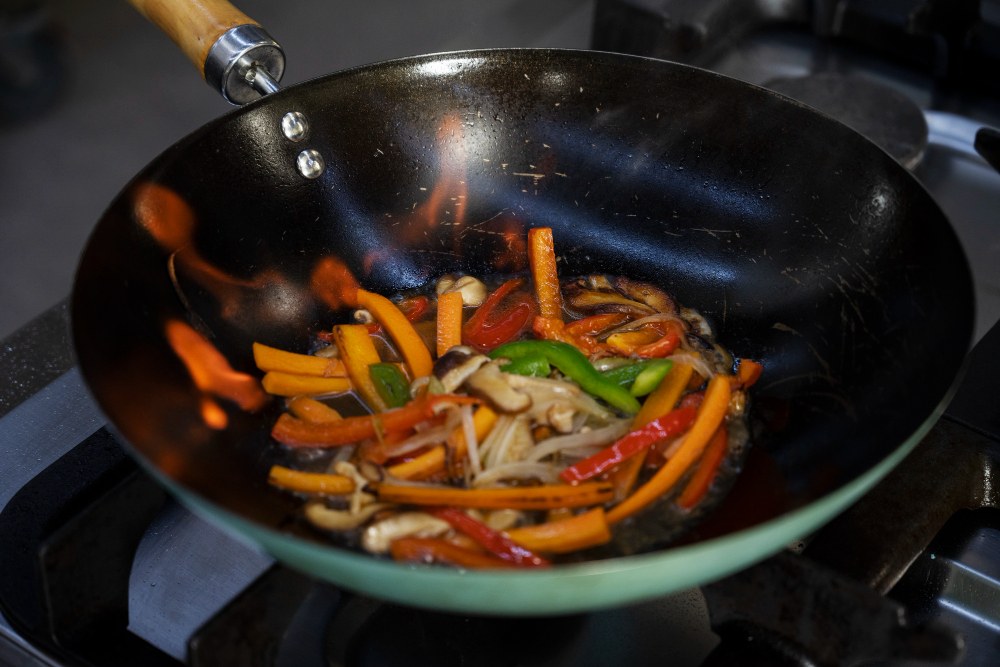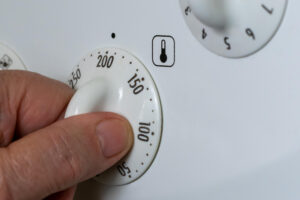Practice Mindful Cooking Now to Cook More Efficiently
Last updated on March 10th, 2024 at 05:42 pm
What is mindful cooking? It is cooking smarter with what you have. While you might think this belongs more on a cooking site than one dedicated to helping you save money on your utility bills, the two are actually connected. You see when you practice mindful cooking, you are more aware of how you are cooking in addition to what you are cooking.
Let’s explore how smarter cooking can actually lead to lower energy bills, but won’t impair your ability to create a delicious homemade meal.
Plan Meals and Use Cooking Time Wisely
Plan your meals ahead of time to minimize energy usage. This can involve batch cooking or preparing multiple dishes simultaneously to make the most of your oven or stove.
Mindful cooking means that leftovers are “okay” and are in fact encouraged.
Optimize cooking times by starting with dishes that require higher temperatures or longer cooking times, then finish with dishes that require less time or lower temperatures.
Utilize Energy-Efficient Cooking Methods
Use smaller appliances like toaster ovens, slow cookers, or microwaves for smaller meals or tasks that don’t require a full-size oven or stove. Doing so will not only cook your food faster but also use less energy which directly translates to lower energy bills.
When using the oven, avoid opening the door frequently, as this can cause heat loss and increase cooking time. Use the oven light and window to monitor progress instead. Use the glass window to gauge the progress of the food preparation.
Mindful Cooking with Proper Cookware and Utensils
Use appropriately sized pots and pans that match the size of your stove burners to ensure efficient heat transfer and minimize energy waste. This way you can cook with your surface area that you have available efficiently.
Choose cookware with flat bottoms and tight-fitting lids to retain heat and reduce cooking time. This not only means you get your meal faster, but the meal also uses less energy to create.
Prepping Ingredients Efficiently Also Contributes to Mindful Cooking
Safely thaw frozen foods in the refrigerator overnight or a couple of days in advance instead of using the microwave or running them under hot water, which can save energy and reduce food waste.
Chop, slice, and prepare ingredients before cooking to minimize the time appliances need to be on and optimize cooking efficiency. Also, start cooking when the pots and pans are hot enough, rather than letting the oven or stove remain on too long.
Practice Energy-Saving Cooking Techniques
Opt for methods like simmering, steaming, or stir-frying, which require less energy compared to boiling or deep-frying.
Use residual heat to your advantage by turning off the stove or oven a few minutes before food is fully cooked. The residual heat can finish the cooking process while saving energy.
By incorporating these mindful cooking tips into your culinary routine, you can cook more efficiently, reduce energy consumption, and save money on your utility bills.



